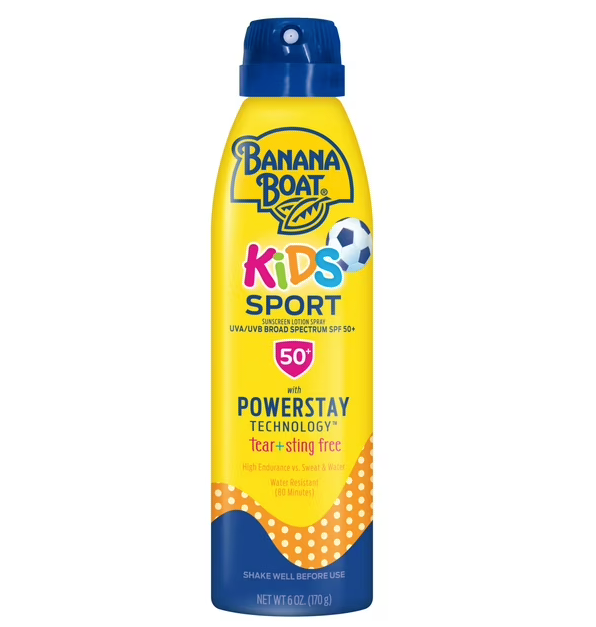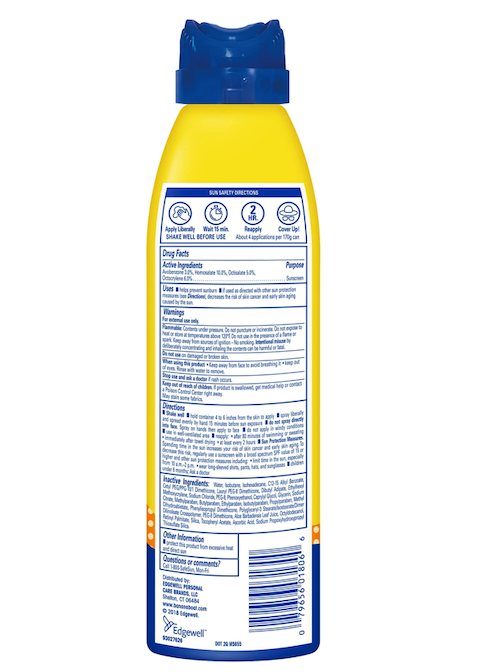Sunscreen and sunblock are often used interchangeably, but there is a difference in how they work and what they’re made of:
Sunscreen (Chemical)
-
How it works: Sunscreen absorbs UV radiation like a sponge before it can penetrate your skin. It uses chemical ingredients to do this.
-
Common ingredients: Avobenzone, oxybenzone, octinoxate, homosalate, octisalate.
-
Texture: Tends to be thinner and easier to rub in without leaving a white cast.
-
Pros: Lightweight, often invisible on the skin, great for everyday wear under makeup.
-
Cons: Can irritate sensitive skin or eyes; some ingredients are under environmental scrutiny (like oxybenzone in coral reef areas).
Sunblock (Physical or Mineral)
-
How it works: Sunblock sits on top of the skin and physically blocks or reflects UV rays.
-
Common ingredients: Zinc oxide, titanium dioxide.
-
Texture: Thicker, often leaves a white or tinted cast (though newer formulas are improving).
-
Pros: Less likely to irritate skin; starts working immediately; better for sensitive skin and kids.
-
Cons: Can feel heavier or look chalky, especially on darker skin tones (though there are tinted versions now).
Quick Comparison:
| Feature | Sunscreen (Chemical) | Sunblock (Mineral/Physical) |
|---|---|---|
| UV Protection Type | Absorbs UV rays | Reflects/blocks UV rays |
| Ingredients | Avobenzone, etc. | Zinc oxide, titanium dioxide |
| Texture | Lightweight | Thicker |
| Good For | Daily use, makeup | Sensitive skin, outdoor sports |
| Time to Effectiveness | 15–30 min before sun | Immediate |
-
Sunscreen = chemical, absorbs UV, lightweight.
-
Sunblock = physical, reflects UV, better for sensitive skin.



